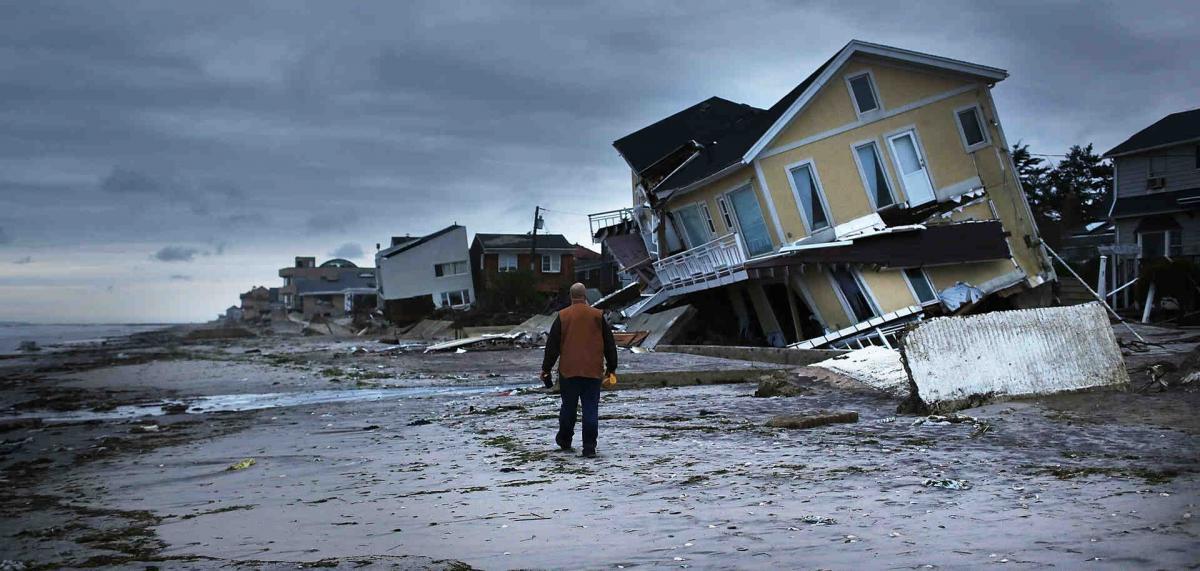- عربي
- 中文
- English
- Français
- Русский
- Español
JIU/REP/2019/3 Review of the integration of disaster risk reduction in the work of the United Nations system in the context of the 2030 Agenda for Sustainable Development
The present report contains a review of the work of the United Nations system entities, focusing on inter-agency coordination and systemic coherence for a more effective and efficient implementation of the Sendai Framework for Disaster Risk Reduction 2015–2030, which was endorsed by the General Assembly in its resolution 69/283 in 2015. Subsequently, in 2016, the revised United Nations Plan of Action on Disaster Risk Reduction for Resilience (United Nations Plan of Action on Disaster Risk Reduction for Resilience: Towards a Risk-informed and Integrated Approach to Sustainable Development) was endorsed by the United Nations System Chief Executives Board for Coordination (CEB) at its spring session in 2016. Disaster risk reduction is an essential strategy to ensure the achievement of the 2030 Agenda for Sustainable Development. In addition, the Sendai Framework calls for the United Nations system as a whole to support its implementation in a coordinated, effective and coherent approach, within the respective mandates of the United Nations entities.
In order to assess the current status of integration of disaster risk reduction in the work of the United Nations system, the report analyses the extent to which the organizations have integrated the issue of disaster risk reduction in their corporate priorities, with regard to either normative or operational activities to implement their mandates. It also presents the organizations’ self-reported information on their level of engagement to implement their commitments made through their endorsement of the United Nations Plan of Action on Disaster Risk Reduction for Resilience. The review assesses the level of engagement of the JIU participating organizations in contributing to the implementation of the three commitments of the United Nations Plan of Action, namely: (a) strengthening system-wide coherence in support of the Sendai Framework and other agreements through a risk-informed and integrated approach; (b) building United Nations system capacity to deliver coordinated high-quality support to countries on disaster risk reduction; and (c) ensuring that disaster risk reduction remains a strategic priority for the organizations of the system.
The present review identifies the existing cooperation between the United Nations system and the regional and national stakeholders on disaster risk reduction. The three recommendations of the report, one to governing bodies and two to executive heads, aim to address gaps and reinforce collaboration among the system organizations to work as one, effectively and efficiently delivering on disaster risk reduction strategies in the context of the 2030 Agenda.


